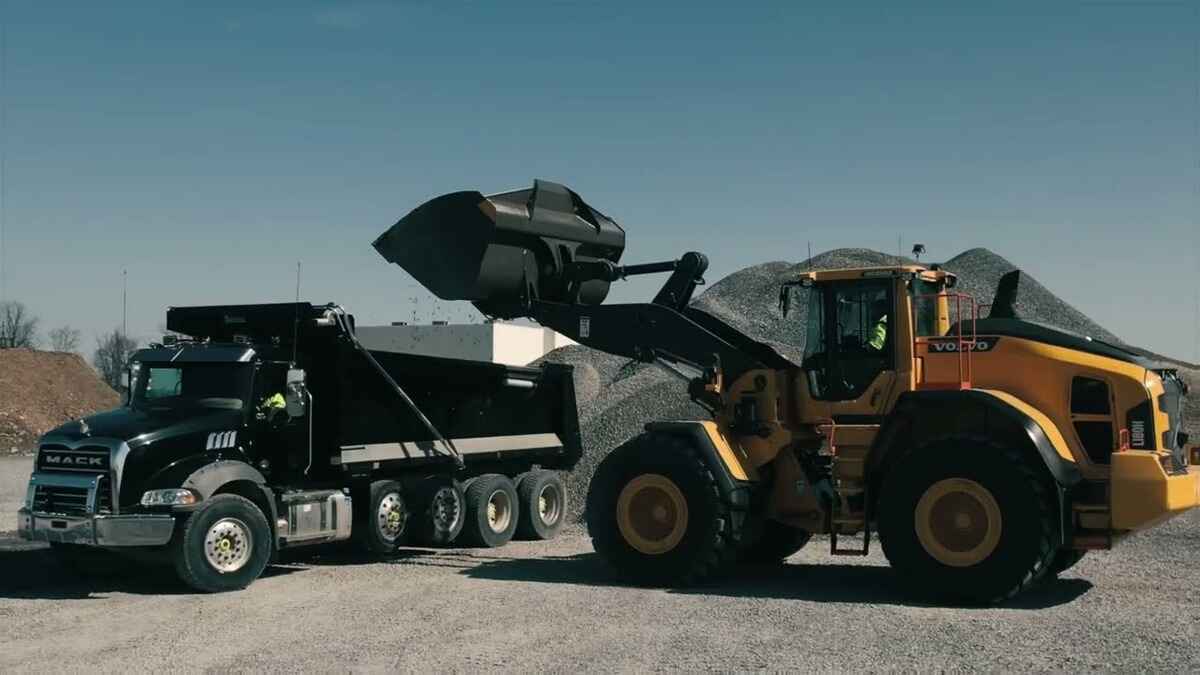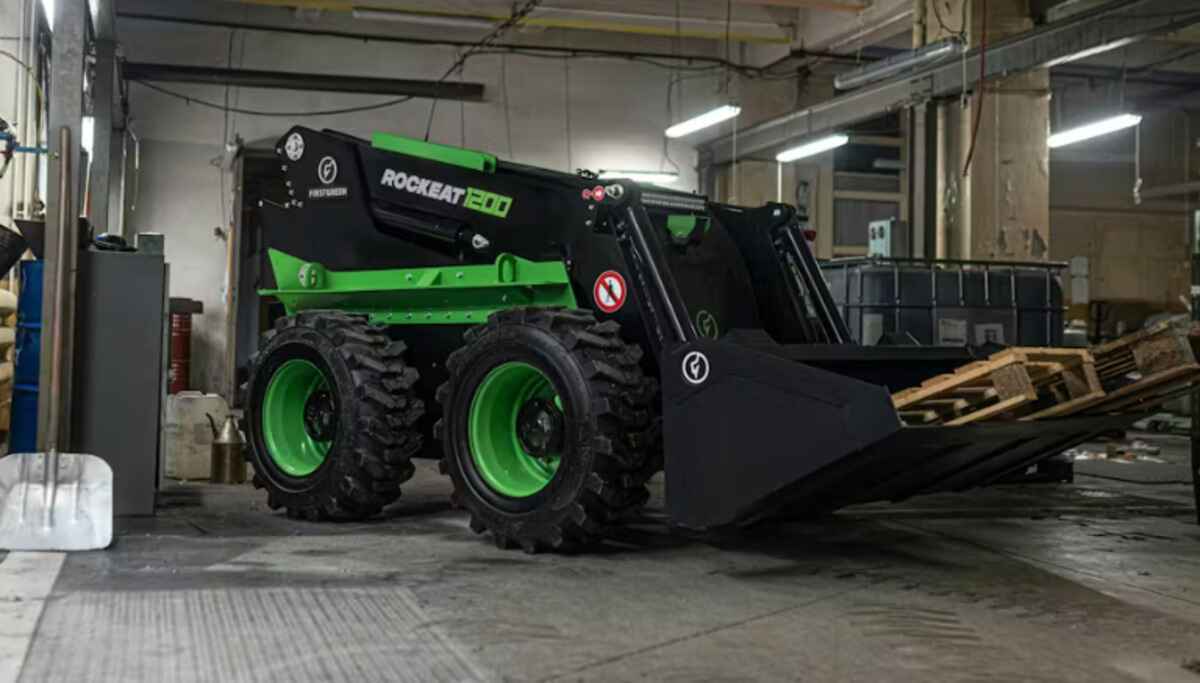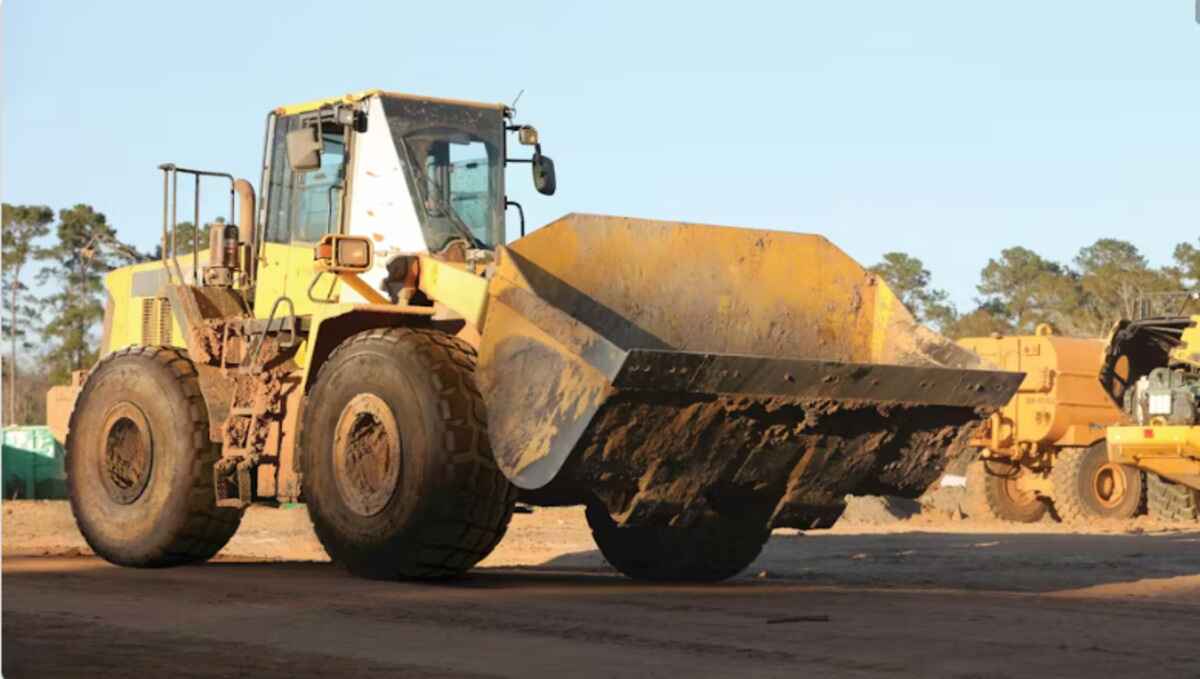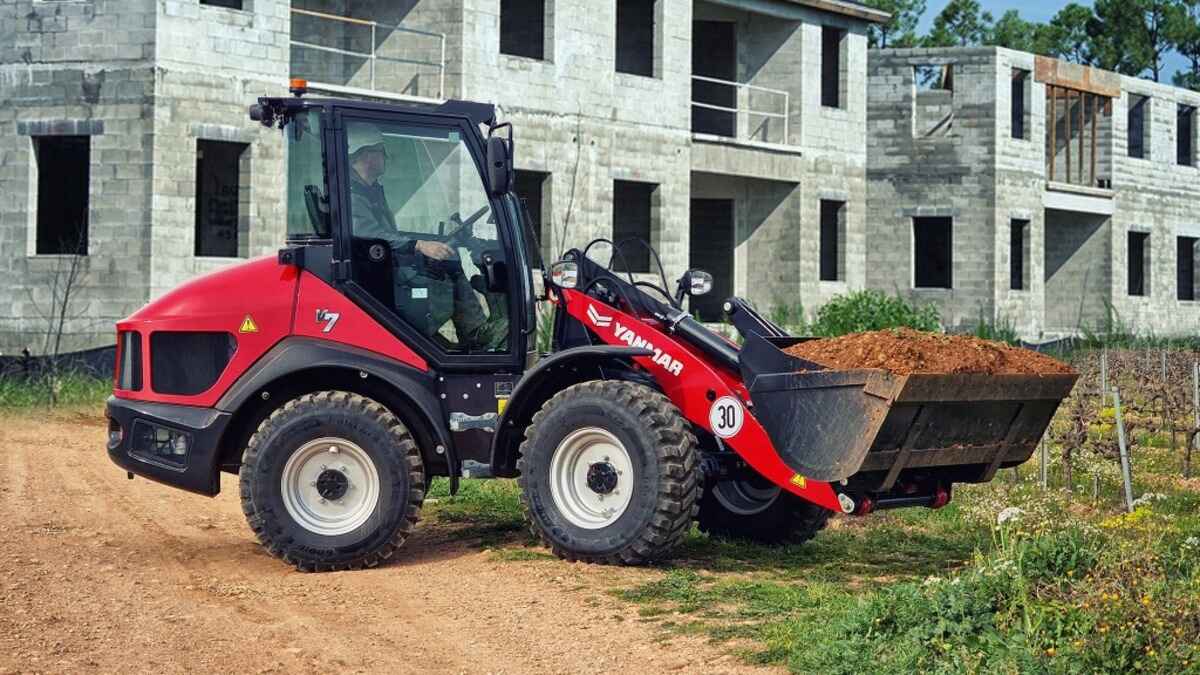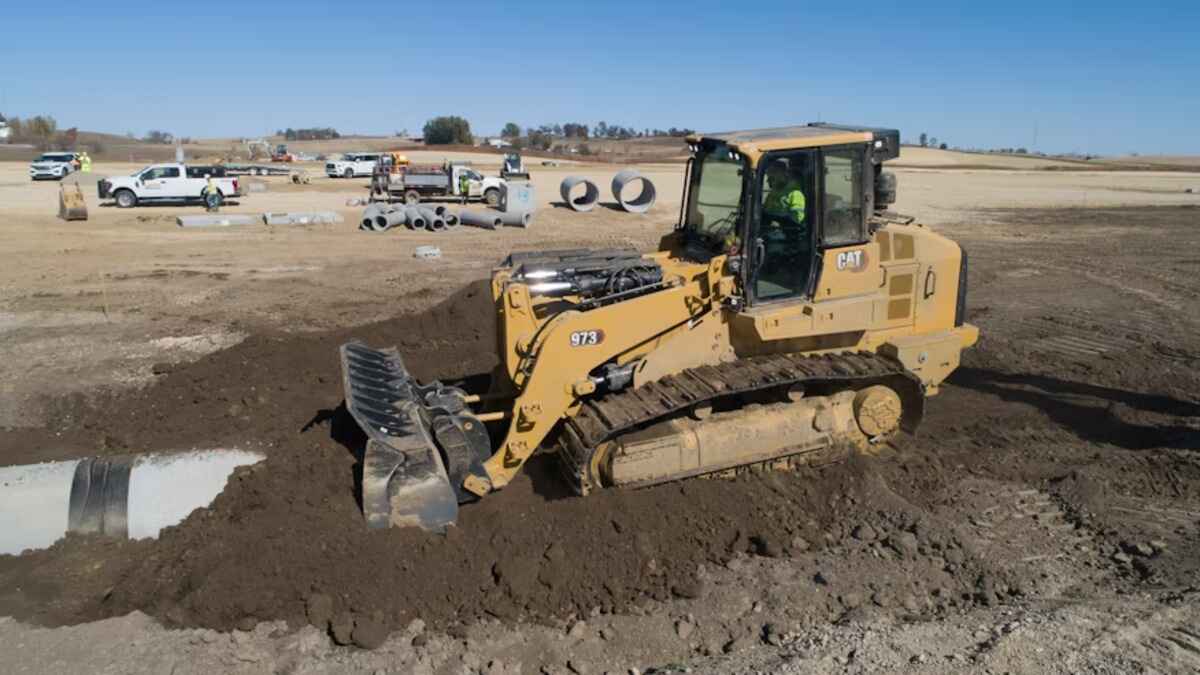Volvo Electric Machine Pilot Cuts 6T of Emissions
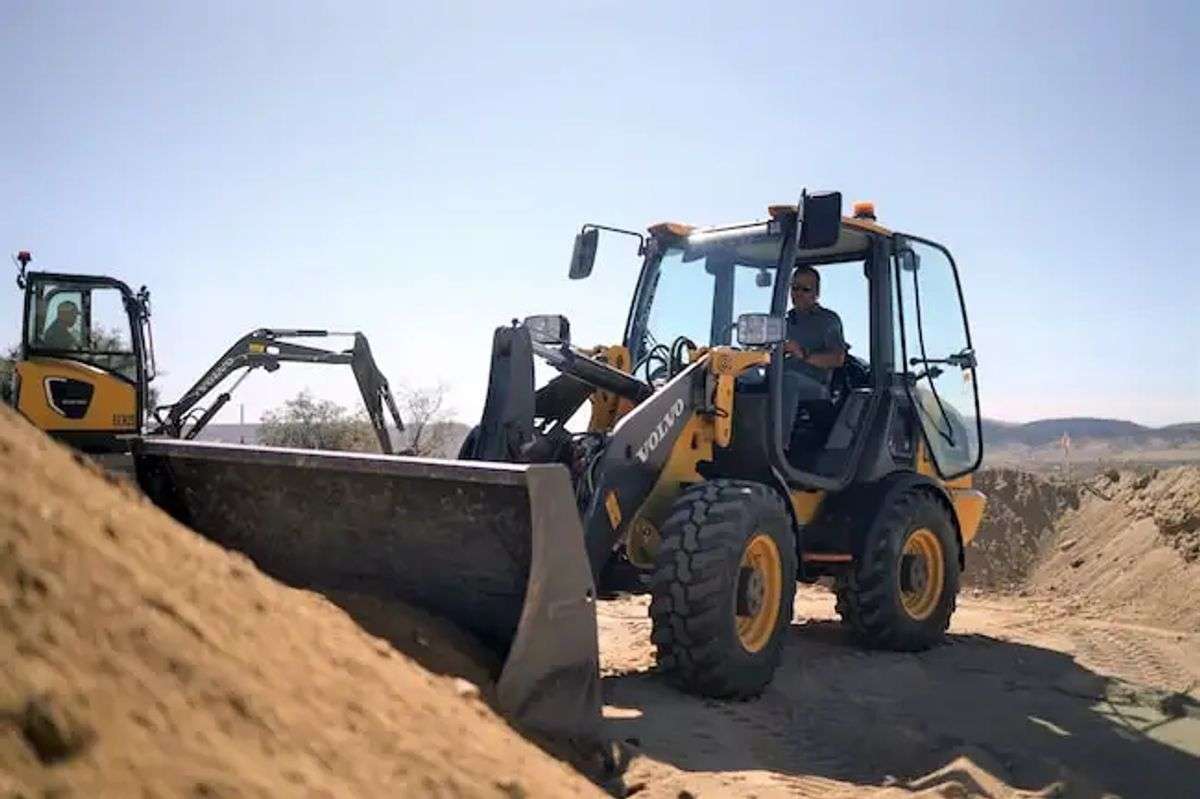
In a year-long test, four fleets put a combined 400 hours on a Volvo ECR25 electric excavator and a Volvo L25 electric loader, saving 560 gallons of fuel and keeping 6 metric tons of carbon dioxide emissions out of the atmosphere, according to results released by Volvo Construction Equipment.
The $2 million pilot program was run under an Environmental Protection Agency (EPA) grant administered by the South Coast Air Quality Management District (AQMD).
“The California pilot project supports what we’ve seen on job sites in Europe and elsewhere: Our battery-electric compact excavator and compact wheel loader are viable alternatives to diesel equipment for construction fleets that want to reduce their carbon footprints,” said Melker Jernberg, president of Volvo Construction Equipment via video during a press event in Los Angeles.
How Volvo electric machines performed
The two electric machines are powered by lithium-ion batteries, and users noted noise reduction as a key benefit to the machines. They said the lower noise levels improved operator communication, reduced operator fatigue, and provided a safer work environment. Customers were also able to use the machines inside building and other structures where diesel exhaust is restricted.
Volvo said it recorded lowered exterior noise levels by 9 decibels on the ECR25 electric excavator compared to their diesel counterparts, which represents a 90 percent decrease in sound power. The L25 electric wheel loader exhibits a similar reduction.
The Volvo electric machines have similar specifications to their diesel equivalents, and pilot project participants said that in practice the performance matched that of diesel machines. There also was positive feedback on the decreased maintenance needs of the electric machines, which don’t require maintenance items such as oil, oil filters, diesel particulate filters, or a diesel exhaust fluid (DEF) tank.
Volvo said the machines also matched performance in several key areas, including digging depth and breakout force on the excavator and tipping load and dump height on the wheel loader.
The California project provided an opportunity for the machines to be adapted and used with the North American power grid, which provides a higher current than Europe. The pilot project confirmed the importance of having access to quality charging connections. However, traditional power sources aren’t always required. Baltic Sands, for example, installed a solar array for its work in the desert. Between the two machines, over 200 charge cycles were completed using 240-volt AC grid power, fast charging, mobile power sources and solar power.
During a panel discussion, two fleets who used the machines addressed the 6-hour runtime for the machines. One said that during his project’s 8-hour day, the machine’s utilization fell well within the six hours. The other, who said his projects would run 10 hours a day, cited the need to recharge the machines during “lunch and breaks,” but was able to complete day’s tasks.
“Our customer’s response to these machines validates that there is not only a desire for these types of machines in North America but a pull in many markets,” said Stephen Roy, president of Region North America, Volvo. “This just adds further momentum to the Volvo vision of offering machines that align with Science Based Targets and our overall commitment to decarbonization.”
Electric machine test fleets
- The L25 electric wheel loader and ECR25 electric excavator were used by four organizations in a variety of applications.
- The California Department of Transportation (Caltrans), for trenching, grading, and clearing of drainage areas.
- Casper Company, which specializes in demolition, concrete cutting, and environmental services, for utility and demolition work, including inside buildings.
- Baltic Sands Inc., which specializes in environmentally sensitive, off-grid property development, for excavation, grading, moving material, and numerous other tasks in housing construction.
- Waste Management, a waste disposal and recycling company, for light waste handling.
“Over the three months we tested, these machines performed exceptionally—matching what we would expect from a diesel machine of equal size but with no emissions,” said Jacques Marais, director, Baltics Sands, in a prepared statement. “We are excited to be one of the early adopters in applying electric equipment to our business and I have a sincere belief that this is the future.”
Source: https://www.constructionequipment.com/volvo-electric-machine-pilot-cuts-6t-emissions
